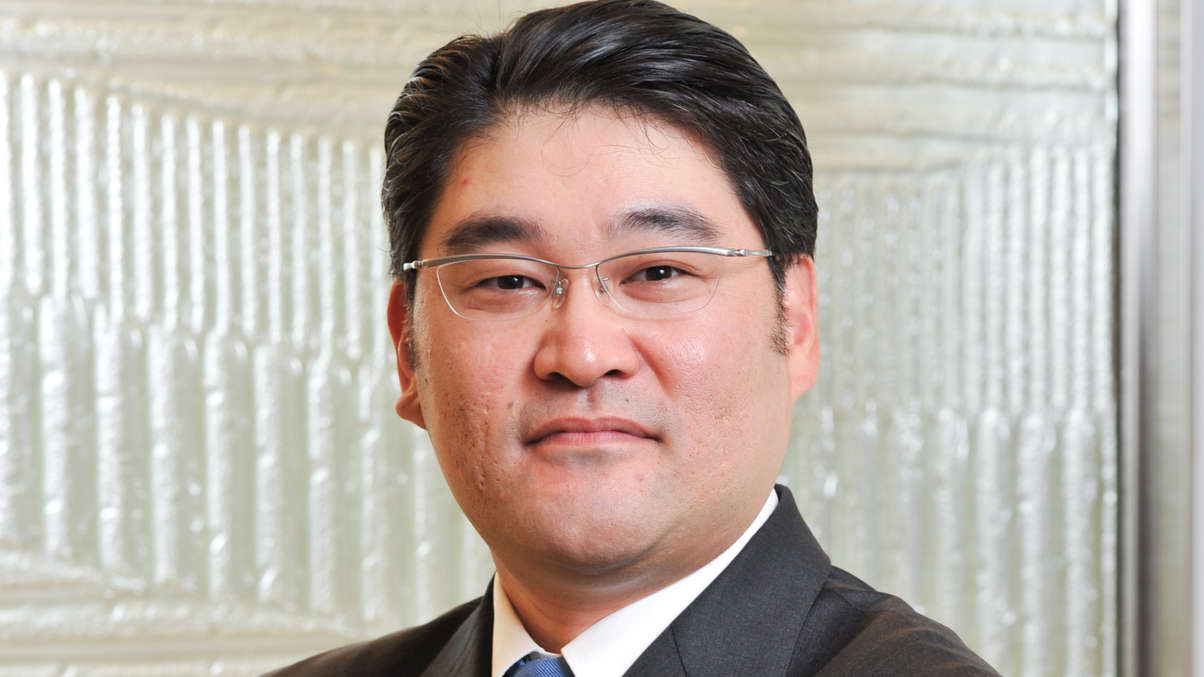SG Korea on aggressive institutional buildout
Fresh from receiving a licence to trade equities and derivatives in Korea and more than doubling its local headcount in the past year, Société Générale is eyeing strong expansion.

Société Générale’s Asia chief is optimistic about expanding the French bank’s institutional business in Korea, after it received a licence last week allowing it to deal in equities and derivatives.
Sign in to read on!
Registered users get 2 free articles in 30 days.
Subscribers have full unlimited access to AsianInvestor
Not signed up? New users get 2 free articles per month, plus a 7-day unlimited free trial.
¬ Haymarket Media Limited. All rights reserved.


